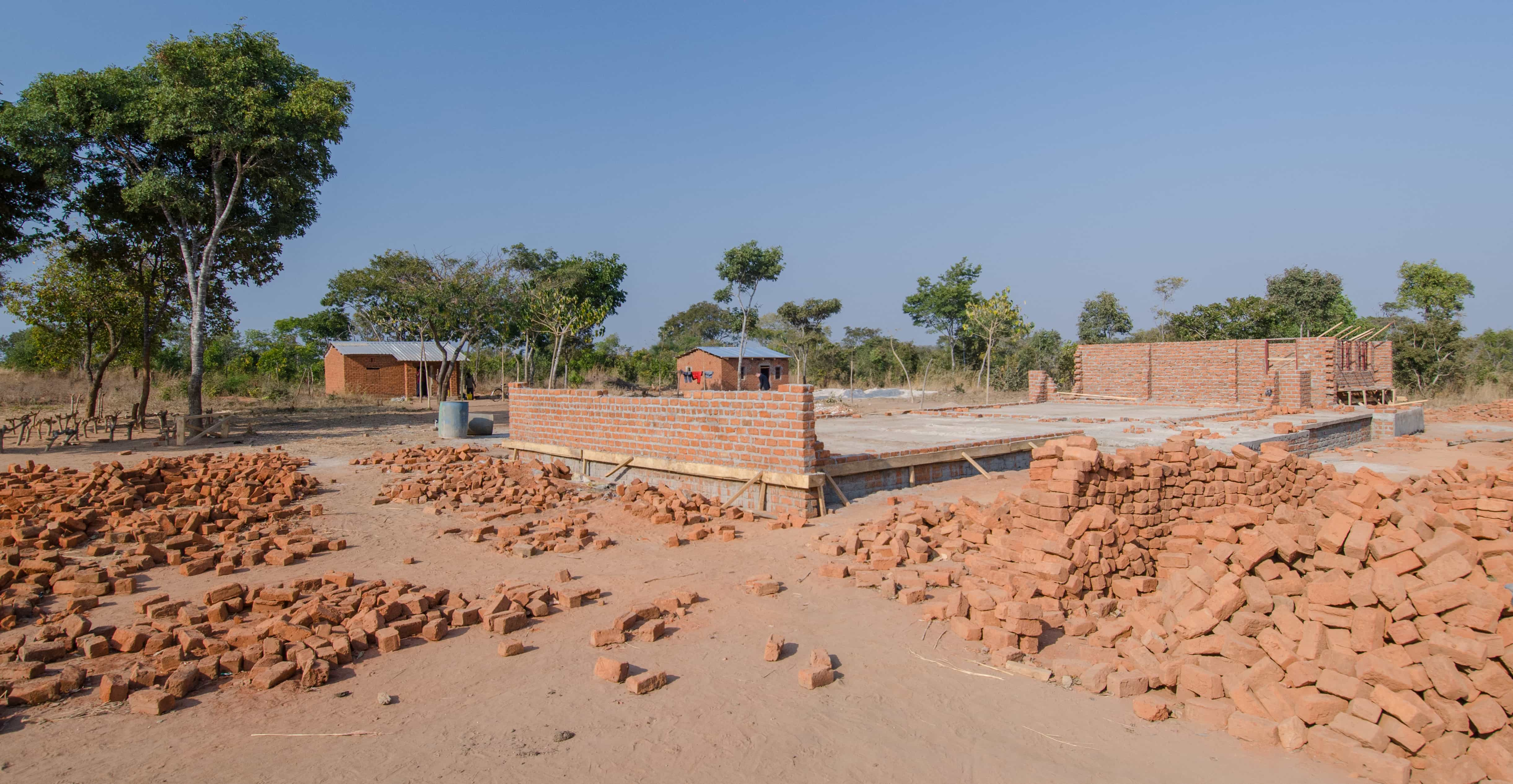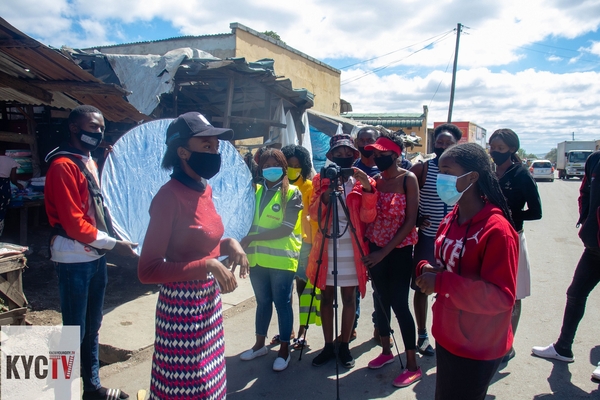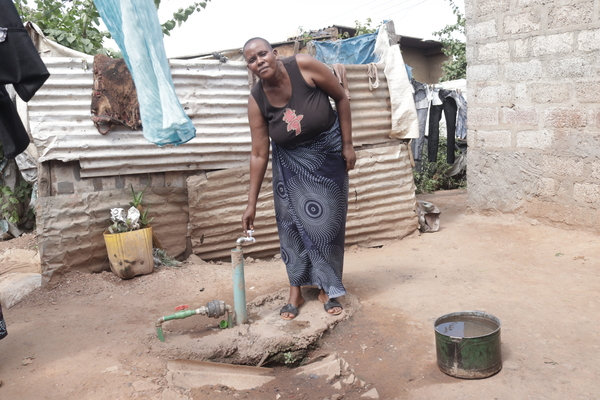- Who We Are
- How We Work
- Regional / Country Initiatives
- Legacy
- Core Themes
- Working Groups
- Portfolio & Results
- Newsroom
- Resources
Zambia: Building Community Resilience through Local Solutions

Project Overview
Zambia is confronting multifaceted challenges across healthcare, economic stability, and environmental sustainability. In informal settlements, inadequate infrastructure and economic volatility exacerbate disparities, amid environmental vulnerabilities.
The project objectives include strengthening WASH partnerships, fostering resilient livelihoods, promoting community governance participation, and improving water and sanitation management. Through evidence-based advocacy and grassroots engagement, it seeks to mitigate vulnerabilities and disasters, fostering lasting resilience.
The People’s Process on Housing and Poverty in Zambia (PPHPZ), in collaboration with the Zambia Homeless and Poor People’s Federation, is implementing the project through the co-production of locally shaped adaptive solutions, evidence-based advocacy, and the showcasing of low-cost approaches to enhancing access to WASH services and improving housing.
This project is part of the Building Resilience in Informal Settlements Programme, a partnership between Cities Alliance and Slum Dwellers International (SDI), funded by the Swedish International Development Cooperation Agency (Sida), to support civil society organisations working in informal settlements.

Project Results: 2022-2024
Engagement meetings have effectively introduced the project in four settlements. 27 savings groups with 335 savers and 52 youth members have been supported, empowering local economies. Additionally, 30 small-scale enterprises received vital training, fostering sustainable livelihoods. The development of collaboration plans and the submission of 20 project proposals to the WDC underscore increased community participation and governance.
Initiatives targeting local needs have yielded tangible outcomes. 89 households have had their sanitation enhanced, while 30 households have improved tenure. Rehabilitation efforts include five water kiosks and a local area plan, addressing infrastructure gaps in vulnerable peri-urban areas. These measures improve access to basic services and infrastructure. Training helped 168 people address climate change and conserve biodiversity, while 535 people are now better prepared to adapt to climate change. In addition, 59 individuals were trained in 3 peer learning events.
Efforts to fortify institutional capacity are evident. Quarterly project review meetings and a regional gathering in the Copperbelt region have facilitated collaboration and coordination. 8 leadership meetings took place.
Furthermore, robust data collection and management systems have been established, including 1 city and 3 settlement profiles and 2 settlement enumerations, thus significantly enhancing informed decision-making. Information has also been shared in 2 city-level campaigns. Youth have been involved in 18 content creating initiatives.

Increased Pro-Poor and Citywide Data-Driven Climate-Resilient Development in Zambia
A community-led Local Area Plan in Zambia is driving transformation by addressing poor infrastructure, inadequate services and unplanned development. The City Council, using detailed enumeration data collected by the federation, developed a plan focused on upgrading roads, improving drainage, formalising land tenure and enhancing access to essential services. 535 people directly benefitted from the adaptation to the effects of climate change.
The plan has shifted the perception of informal settlements from neglected areas to integral parts of city planning. By integrating climate-resilient infrastructure and ensuring community participation, the plan fosters sustainable urban growth. The federation's role in data collection, advocacy and community engagement has strengthened residents' voices in decision-making, setting a precedent for inclusive and participatory urban planning.
In addition, there have been strong efforts regarding urban farming and waste management. Local governments promoted the establishment of sack gardens and solid waste recycling initiatives to improve access to clean water and reduce environmental pollution. 350 people were supported to establish sack gardens, translating to 4,200 gardens. Moreover, 3 organic waste recycling trainings were held to capacitate 120 people to recycle organic waste, while producing sufficient quantities of nutritious foods for consumption and sale and preserving the environment.
Key Achievements: 2022-2024
- 37 savings groups and 335 savers supported
- 52 youth members mobilised and supported
- 89 households with improved water and sanitation
- 30 households with improved tenure
- 168 people supported through networking and training to address climate change or to conserve biodiversity
- 535 people supported to better adapt to the effects of climate change
- 1 city and 3 settlements profiled and 2 settlements enumerated
- 2 city or national level advocacy campaigns conducted
- 18 content creating initiatives involving youth
- 8 regional or national level federation leadership meetings were held
- 3 peer-to-peer learning exchanges with 59 individuals
